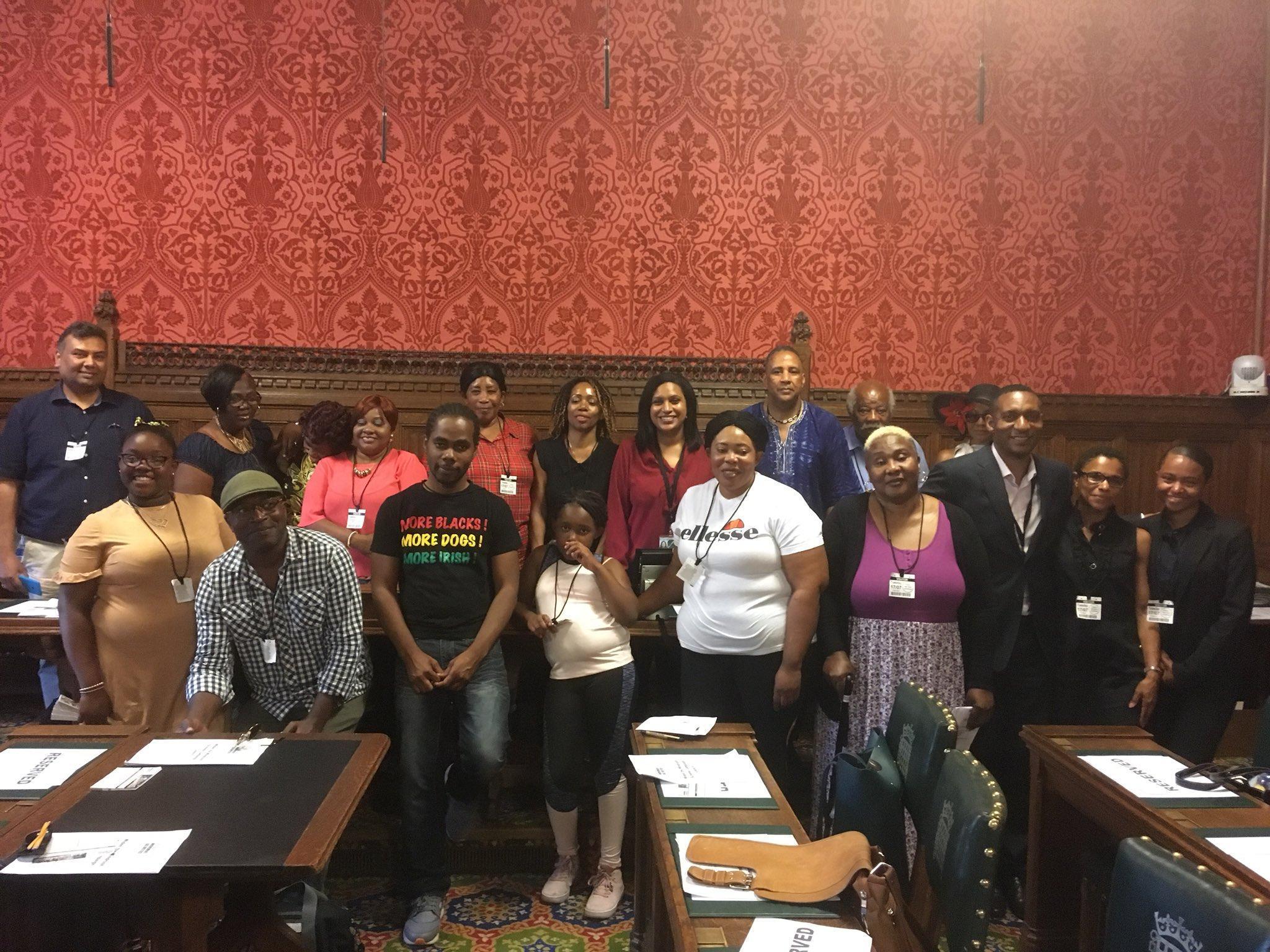Government urged to extend Windrush task force to include children of elderly Caribbean nationals
Unknown number of descendants still being detained and threatened with deportation despite having lived in Britain for many years, warn MPs and lawyers

Your support helps us to tell the story
From reproductive rights to climate change to Big Tech, The Independent is on the ground when the story is developing. Whether it's investigating the financials of Elon Musk's pro-Trump PAC or producing our latest documentary, 'The A Word', which shines a light on the American women fighting for reproductive rights, we know how important it is to parse out the facts from the messaging.
At such a critical moment in US history, we need reporters on the ground. Your donation allows us to keep sending journalists to speak to both sides of the story.
The Independent is trusted by Americans across the entire political spectrum. And unlike many other quality news outlets, we choose not to lock Americans out of our reporting and analysis with paywalls. We believe quality journalism should be available to everyone, paid for by those who can afford it.
Your support makes all the difference.The government has been urged to extend the Windrush task force so that it includes children and grandchildren of Caribbean nationals who arrived in the UK before 1973.
Hundreds of elderly Commonwealth nationals who were wrongly targeted by immigration officials have had their cases resolved in recent months, but an unknown number of their descendants are still being detained and threatened with deportation, despite having lived in Britain with their relatives for many years.
During an event in Parliament on Tuesday, politicians and lawyers said the scheme set up in the wake of the Windrush crisis did not go far enough, because it does not account for children who came to join their parents after 1 January 1973, – the cut-off date for people who can be considered under the scheme.
Dozens of Windrush descendants attended the event, many of whom spoke about their experience of being detained and threatened with deportation.
One woman, 59-year-old Yvonne Williams, spent eight months in Yarl’s Wood detention centre and was threatened with removal in April despite all of her family, including her dying mother, being based in the UK.
Since she arrived from Jamaica 16 years ago on a six-month visa – when she and her children joined the rest of her family after the death of her grandmother in Jamaica – Ms Williams has made at least eight applications for her right to remain, all of which have been rejected.
Before her detention, Ms Williams was the main carer for her young grandchildren who, along with her siblings, mother and children, all have British citizenship. Her 82-year-old mother, who came to Britain in 1962, is living in a care home.
“I was in Yarl’s Wood for eight months. They kept saying I have no family ties here. I would have been on the street if I was sent back,” she said.
Speaking at the event, Labour MP David Lammy said it was “not acceptable” that the children of those who came to the UK from the Caribbean before 1973 were not included in the government’s response to the fiasco.
“The children of the Windrush generation have a relationship with this country. Of course they are British citizens, by virtue of the fact that they’re part of the British empire. The detail is important,” he said.
“We have to make a particular case for descendants and the relationship they have with Britain. We should be very clear that it is not acceptable for Commonwealth citizens to have been treated in this way such that they were not, de facto, entitled to this citizenship.
“We cannot let this go. This connects to a wider story about a hostile environment to people who are different. We’ve got to resist some of the nasty politics creeping into British politics at this time.”
Grace Brown, barrister at Garden Court Chambers, said the government had left out an important category, and explained: “The Windrush generation typically came to the UK on invitation and did important work rebuilding the UK.
“In doing that they made sacrifices. Some were able to bring their children with them and some weren’t able to do so. Yet those children are nowhere to be seen in the policy.
“They are still Windrush descendants; the only difference is they weren’t able to come at a particular time. The rationale for separating family members is completely unjustified.”
Campaign group Movement for Justice, which facilitated Tuesday’s event, has launched a petition demanding the right to remain for descendants and close family of the Windrush generation from across the Commonwealth who arrived in the UK after 1973.
Karen Doyle, director of the group, told The Independent: “There is a debt to be paid to the Windrush generation from across the Commonwealth, not just to the individuals who came before 1973 but to their descendants and families who are currently excluded by the government’s Windrush scheme.
“People like Yvonne Williams ... who are still at risk of detention and removal. The descendants of Windrush are still living in fear and that is scandalous.
“Amending the Windrush scheme to include these people is a simple change that [home secretary] Sajid Javid can make, we hope he will listen to the people who spoke in the meeting last night, that he will meet with us and work to put this right.”
The Home Office has been approached for comment.
Join our commenting forum
Join thought-provoking conversations, follow other Independent readers and see their replies
Comments